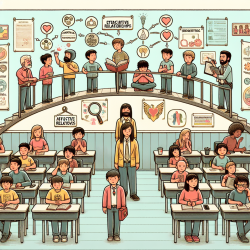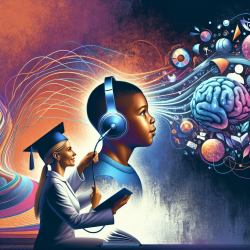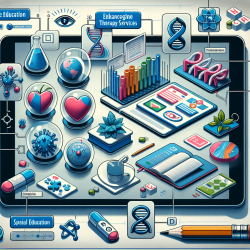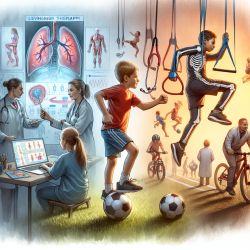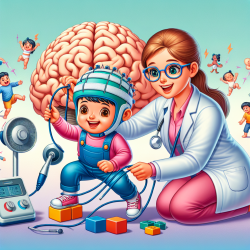The relationship between teachers and students is a cornerstone of educational success. A recent meta-analysis titled "Affective Teacher—Student Relationships and Students' Externalizing Behavior Problems" sheds light on the profound impact these relationships have on student behavior. This study, involving 73,933 students across 57 primary studies, highlights the strong correlation between affective teacher-student relationships (TSRs) and externalizing behavior problems (EBPs).
The Power of Positive Interactions
Affective TSRs encompass both positive and negative indicators. Positive indicators include closeness, support, liking, warmth, and trust, while negative indicators involve conflict, anger, and dislike. The meta-analysis reveals that positive affective TSRs are significantly negatively correlated with EBPs. This means that fostering a warm and supportive classroom environment can help reduce behaviors such as aggression and hyperactivity.
Conversely, negative affective TSRs are positively correlated with EBPs. Students who experience conflict or negativity in their interactions with teachers are more likely to exhibit problematic behaviors. This emphasizes the need for educators to focus on building positive relationships with their students.
Moderating Factors: Culture, Age, and Gender
The study also identifies several moderating factors that influence the relationship between affective TSRs and EBPs:
- Culture: The study finds that positive affective TSRs have a stronger impact on reducing EBPs among Western students compared to Eastern students. In contrast, negative affective TSRs have a more pronounced effect on increasing EBPs among Eastern students.
- Age: Younger students in lower grades show a stronger correlation between positive affective TSRs and reduced EBPs compared to older students. This suggests that early intervention is crucial in shaping student behavior.
- Gender: Female students benefit more from positive affective TSRs in terms of reduced EBPs compared to male students. However, gender does not significantly moderate the relationship between negative affective TSRs and EBPs.
Practical Strategies for Educators
Given these findings, educators can implement several strategies to improve their interactions with students:
- Foster Empathy: Empathy is a key component of positive TSRs. Teachers should strive to understand their students' perspectives and emotions, creating a supportive environment where students feel valued.
- Create a Safe Space: Establishing a classroom atmosphere where students feel safe to express themselves without fear of judgment or conflict encourages positive behavior.
- Build Trust: Consistent and fair treatment helps build trust between teachers and students. Trust is foundational for effective communication and behavior management.
- Encourage Open Communication: Regularly engaging with students about their thoughts and feelings can prevent misunderstandings and reduce conflicts.
The Path Forward: Encouraging Further Research
This meta-analysis provides valuable insights into the role of affective TSRs in managing student behavior. However, it also highlights areas for further research. Future studies could explore the indirect effects of TSRs on EBPs or examine additional moderating variables such as socioeconomic status or school climate.
For practitioners looking to enhance their skills in managing classroom behavior, understanding the nuances of teacher-student relationships is essential. By fostering positive interactions and addressing potential moderating factors, educators can create an environment conducive to learning and personal growth.
To read the original research paper, please follow this link: Affective Teacher—Student Relationships and Students' Externalizing Behavior Problems: A Meta-Analysis.
